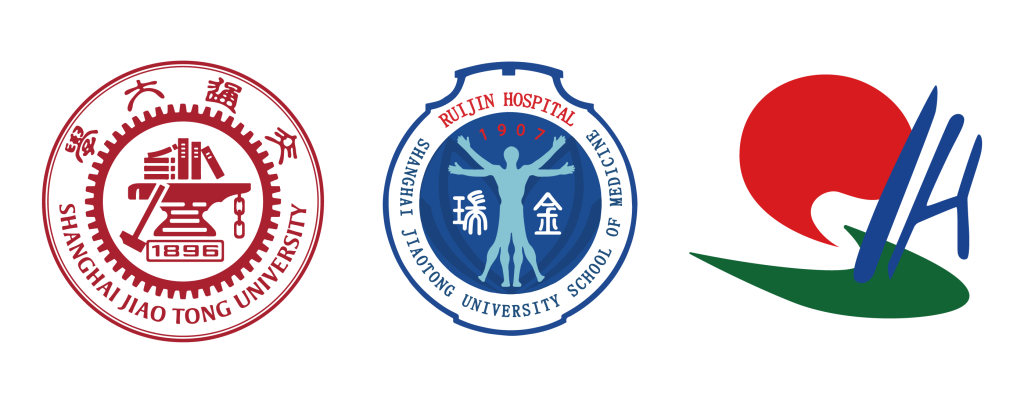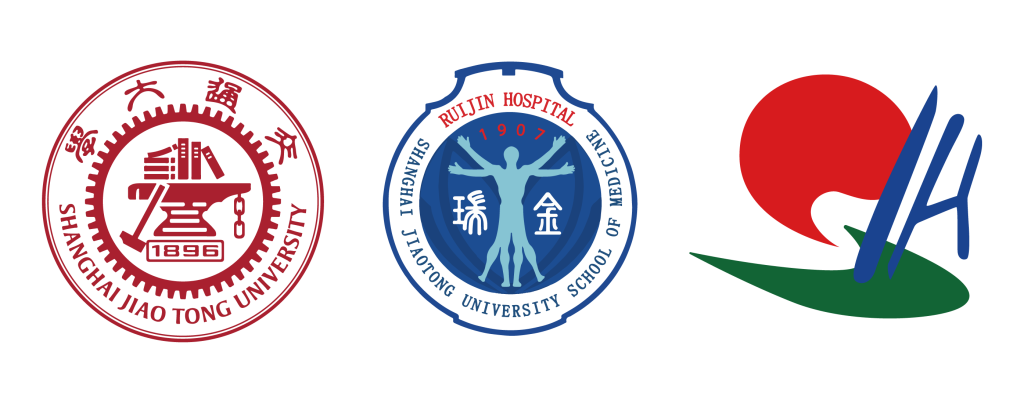


2024 NSFC, Distinguished Young Scholars, CN
2021 NSFC, Key Program, CN
2017 MOST, Youth Principal Investigator, CN
2016 NSFC, Excellent Young Scientist Program, CN
2015 NSFC, Program for Overseas High-Level Experts Introduction, CN
2019 Royal Society of Medicine, Newton Advanced Fellowship, UK
2015 Oxford University, Athena SWAN Bronze Award, UK
2015 Parliamentary and Scientific Committee, Set for Britain, UK
2014 Oxford University, Recognition Scheme, UK
2007 Harvard University, Research Assistant Scholarship, US
2015 – Ruijin Hospital, Shanghai Jiao Tong University School of Medicine (Professor)
2009 – 2015 Ludwig Cancer Research Oxford Branch, Oxford University (Postdoc.)
2007 – 2008 Beth Israel Deaconess Medical Center, Harvard Medical School (Co-cultured Ph.D.)
1999 – 2007 Biochemistry Institute, College of Life Science, Zhejiang University (Bachelor, Co-cultured Ph.D.)
The Min Lu Research Group©️Copyright